
The Daguani





 Pronunciation: DAH-gwan-ee
Pronunciation: DAH-gwan-ee
Diet: Omnivorous
Habitat: Temperate Forest
Average size: Large (3.5 feet tall, 300 pounds)
Temperment: Sanguine
The Daguani is a friendly, highly social species that roams in packs typically composed of younger members of its nuclear family. It quickly aclimates to new situations and is constantly on the lookout for new mental stimulus, for it loves to play and test itself with guessing games. Daguanis are generally much better at problem solving then they are at learning tricks or being obedient. Its young are hatched from eggs that their mothers and fathers protect. Befriending a Daguani is not difficult given its enthusiasm for meeting new people, but it can be difficult to get it to do what you want.
The Locait
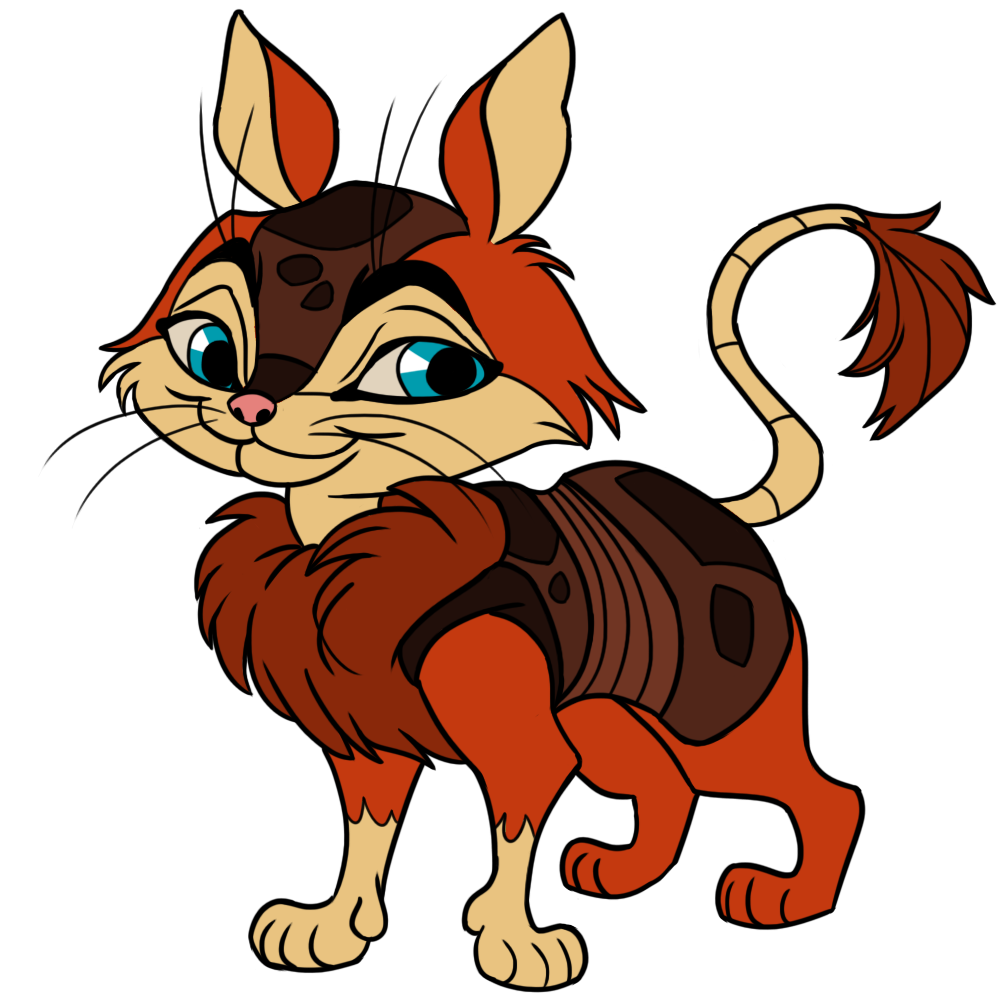
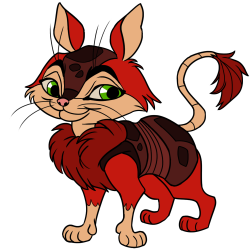
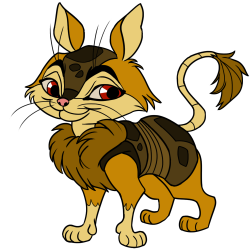
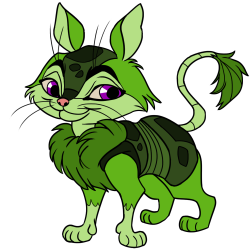
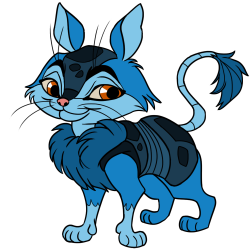
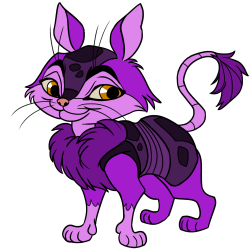 Pronunciation: Same as the word "locate"
Pronunciation: Same as the word "locate"
Diet: Carnivorous
Habitat: Subtropical Desert
Average size: Medium (20 inches tall, 35 pounds)
Temperment: Melancholic
The Locait is, generally speaking, a more solitary species. Individual Locaits prefer to live either alone or with a chosen mate, though most couples will disperse from one another when their children reach sexual maturity. It is, however, rare but not unheard of for Locaits to band together in coalitions when resources are scarce. Locaits are a nomadic species by nature, settling in temporary den sites only to birth and raise their young. Mothers are primarily the ones to care for their children, feeding them small animals like insects and mice surprisingly soon after birth. Locaits are very selective of who they bond with, and it is an honor to be chosen as one's "favorite person".
The Meharse
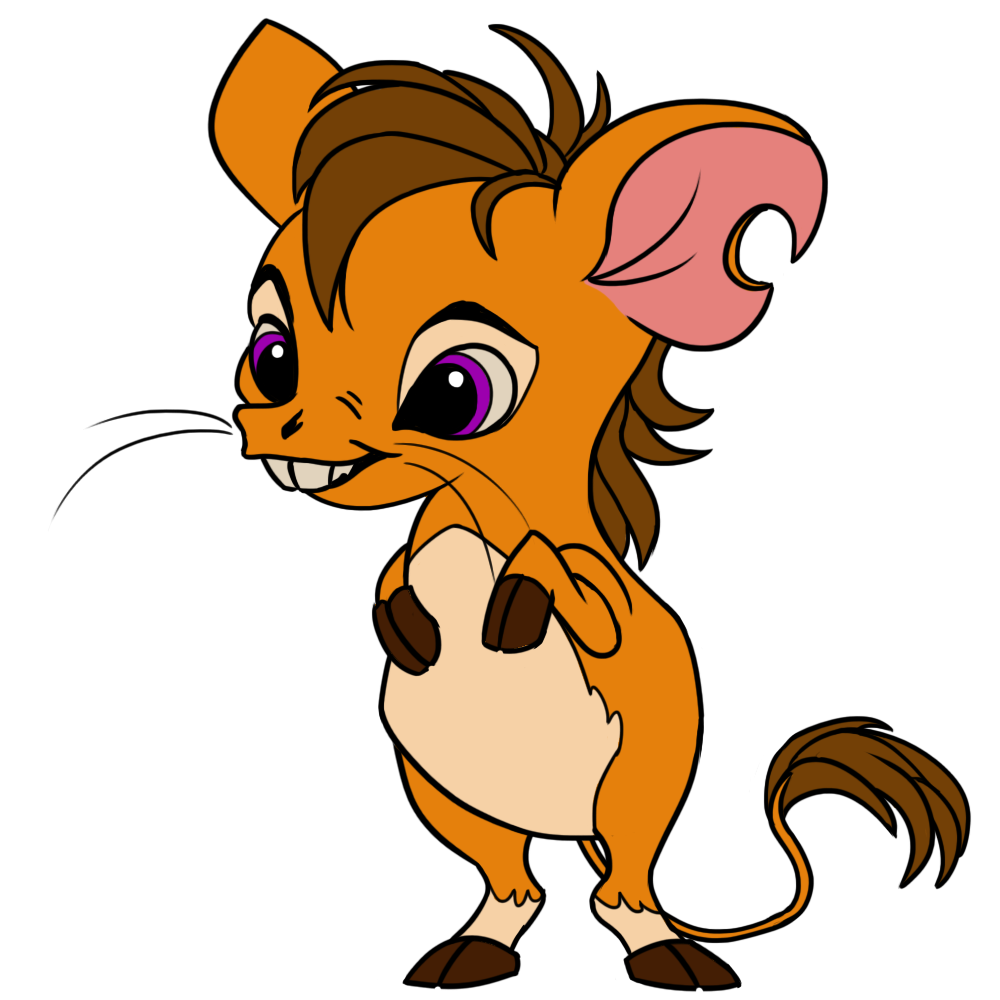
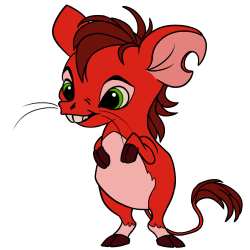
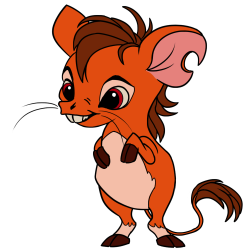
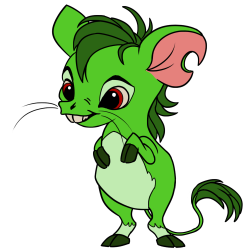
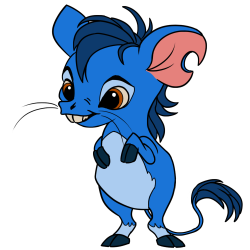
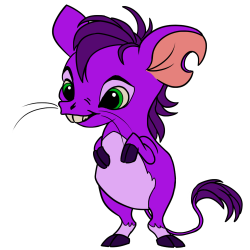 Pronunciation: MEE-harz
Pronunciation: MEE-harz
Diet: Herbivorous
Habitat: Alpine Tundra
Average size: Small (4 inches tall, 2 ounces)
Temperment: Choleric
The Meharse is a social species that depends heavily on its community for survival. Meharses take the saying "it takes a village to raise a child" to heart, and they make an honest effort to aid one another in not just foraging for food and building sustainable shelter, but in the raising of one another's young. It may be hard to believe they live in more wintery places given their short fur, but their propensity to store fat reserves, their love of huddling together, and their preference for underground dwellings all work in tandem to keep them well heated. You're more likely to befriend an entire group, or "nest", of Meharse then you are just one.







 Pronunciation: DAH-gwan-ee
Pronunciation: DAH-gwan-ee





 Pronunciation: Same as the word "locate"
Pronunciation: Same as the word "locate"





 Pronunciation: MEE-harz
Pronunciation: MEE-harz